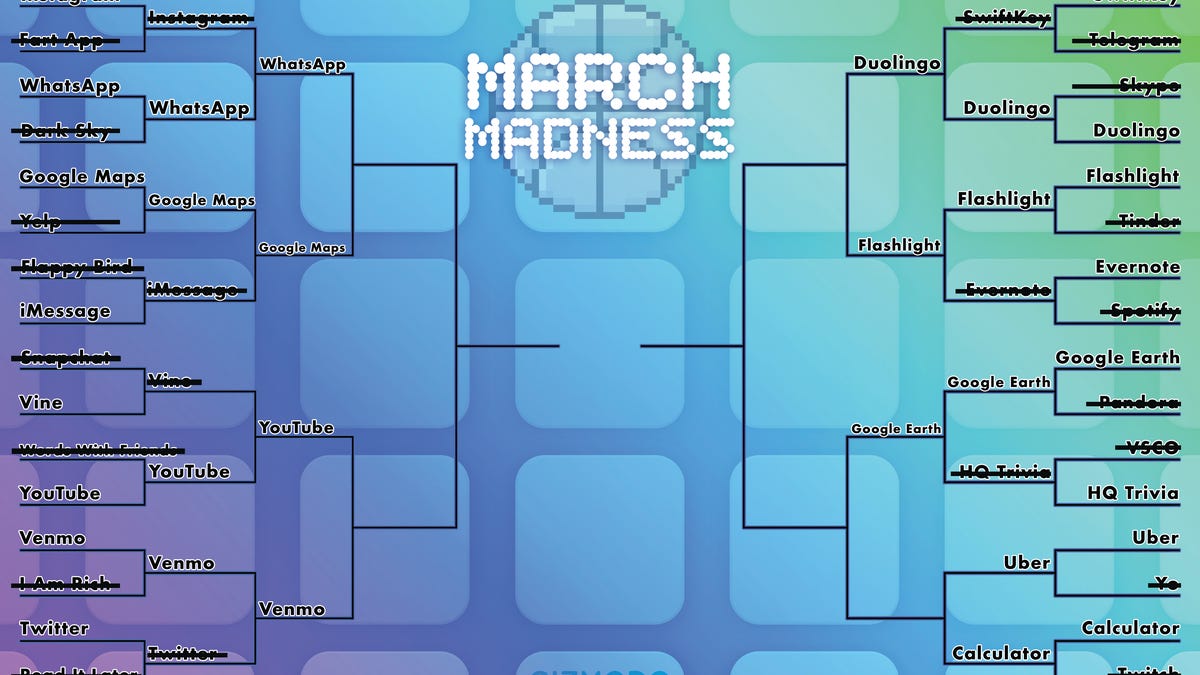Google Monopoly Trial: Evidence Destruction Allegation
Nearing the completion of closing arguments in the Google monopoly trial, US district judge Amit Mehta deliberated the potential for sanctions to be imposed due to Google’s alleged practice of systematically destroying evidence, as outlined by the US Department of Justice.
Allegations and Accusations
The accusations against Google primarily revolved around a policy that instructed employees to disable chat history by default during discussions related to sensitive topics such as revenue-sharing and mobile application distribution agreements. These contracts, according to the DOJ and multiple state attorneys general, contribute to solidifying Google’s monopoly in the search industry.
The Department of Justice contended that Google not only eradicated numerous chat sessions during the course of their investigation but also during the subsequent litigation process. It wasn’t until the DOJ unearthed the policy that Google discontinued the practice.
Court Considerations
DOJ’s counsel, Kenneth Dintzer, emphasized to Mehta that turning off chat history indicated an intention to conceal information, highlighting Google’s awareness of antitrust violations and their attempt to bypass scrutiny. Mehta, in agreement, expressed astonishment at Google’s negligent document retention procedures.
Contrary to Google’s defense, arguing that the omitted chats held no relevance to the case, Mehta stressed the importance of understanding the extent of information loss and the potential impact on the proceedings. The DOJ sought to establish that Google’s actions were in violation of federal rules of civil procedure.
Sanction Demands
The Department of Justice urged the court to issue sanctions against Google, calling for presumptions that the deleted chats contained unfavorable content, the justifications provided by Google were deceptive, and that the chats were removed intentionally to preserve their monopoly. Additionally, they requested a restriction on Google’s ability to argue that the absence of evidence should be interpreted as an adverse inference.
Despite the DOJ’s claims, Google’s attorney, Colette Connor, maintained that the absence of proof of Google’s intent to hide evidence should invalidate the need for sanctions. She contended that Google’s chat policy was reasonable given the nature of chat communication.
However, Dintzer reiterated during rebuttal that Google’s chat policy was utilized to prevent the creation of discoverable information, substantiating claims of intentional concealment of antitrust violations.
Image/Photo credit: source url





